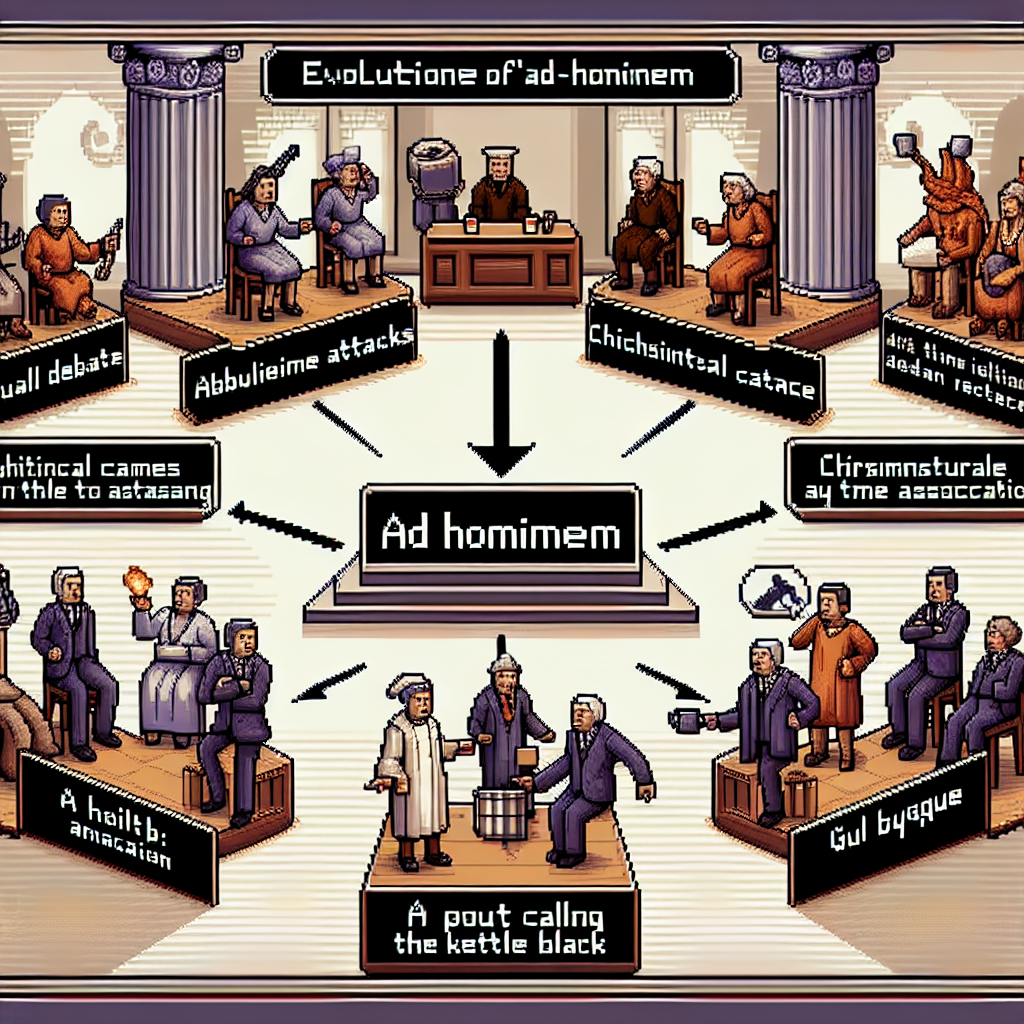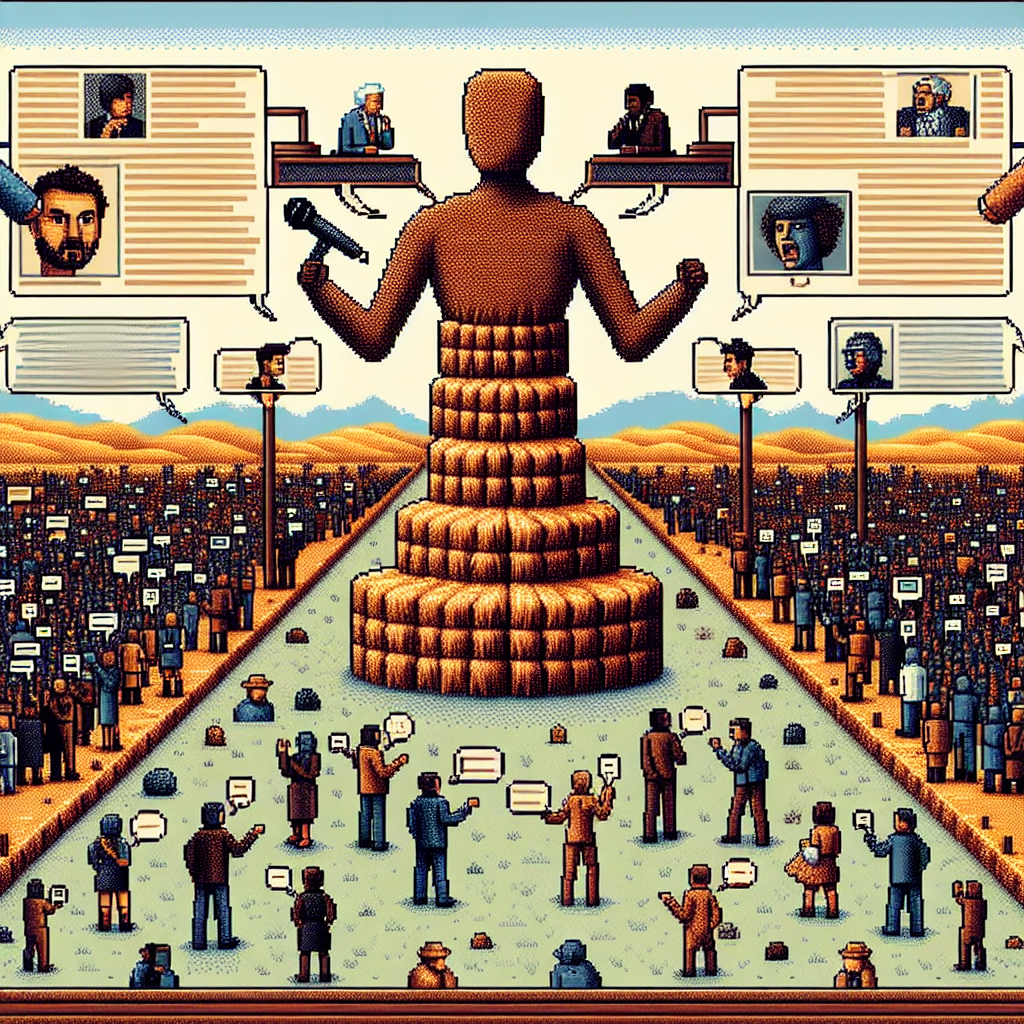Understanding Confirmation Bias
Definition of Confirmation Bias
Confirmation Bias is the tendency of individuals to favor information that aligns with their existing beliefs or values while dismissing evidence that contradicts them. This cognitive bias leads people to seek out, interpret, and remember information selectively. As a result, it distorts objective analysis and impedes balanced decision-making.
Importance of Understanding Confirmation Bias
During these unprecedented times, understanding Confirmation Bias is crucial because it affects both personal and societal levels. In personal beliefs, it can lead to entrenched views and resistance to change, limiting growth and understanding. Additionally, on a societal level, this bias can contribute to polarization, as individuals and groups cling to their preconceived notions, despite contrary evidence. By recognizing and addressing this bias, it becomes possible to foster a more informed and tolerant society.
Origins of Confirmation Bias
Historical Context
The concept of Confirmation Bias has roots that stretch back through history, having been observed in human behavior long before it was formally named. People have always tended to seek out information that aligns with their existing beliefs. This tendency was crucial for early communities as it helped them maintain cohesion and shared understanding. Before the scientific method became prevalent, anecdotal evidence was often preferred over empirical data, simply because it confirmed preconceived notions. Even in ancient texts and teachings, we see examples of individuals clinging to established beliefs, often to the detriment of new, revolutionary ideas. Despite the march of progress, this bias has remained a persistent part of human psychology.
Psychological Underpinnings
The psychological origins of Confirmation Bias are deeply rooted in the way our brains are wired. During our evolutionary history, quick decision-making was essential for survival. Hence, our brains developed shortcuts, known as heuristics, to process information efficiently. These heuristics often lead to cognitive biases, with Confirmation Bias being one of the most pervasive. It’s a natural inclination to favor information that reinforces our pre-existing beliefs because it reduces cognitive dissonance and creates a sense of security and certainty. Additionally, it is easier to focus on familiar concepts rather than explore challenging or unfamiliar ones. However, acknowledging this innate tendency is the first step towards mitigating its effects.
Understanding the Manifestation of Confirmation Bias
Personal Beliefs and Confirmation Bias
Confirmation Bias often begins with personal beliefs that shape our understanding of the world. Before analyzing any new information, individuals tend to rely on pre-existing beliefs to interpret it. This phenomenon manifests itself as people consistently seek evidence that aligns with their existing views. Important is how biases subtly guide interpretations, sometimes leading to misunderstandings and skewed perceptions. During discussions on contentious topics, this bias becomes more noticeable. Additionally, when interacting with others, individuals might prioritize affirmative information over contradictory data, reinforcing existing beliefs.
Media Consumption and Confirmation Bias
Media consumption serves as a powerful channel through which Confirmation Bias flourishes. Digital platforms, prioritizing engagement, often showcase content that supports the viewer’s perspective, exacerbating this bias. Because people frequently turn to media that echoes their opinions, they rarely encounter diverse viewpoints. Consequently, this results in an echo chamber effect, where only similar perspectives are amplified. Despite the availability of varied sources, the tendency remains to gravitate towards familiar narratives. Further complicating this, the design of modern media amplifies confirming messages, sidestepping dissenting voices. With this understanding, combating bias in media consumption becomes crucial for a well-rounded perspective.
Impacts of Confirmation Bias in Society
On Politics and Decision Making
Confirmation Bias significantly influences politics and decision making, often leading individuals to cling to pre-existing beliefs rather than considering new information. This tendency can result in polarized political landscapes where compromise becomes challenging. Policy-making is frequently impacted as a result, because stakeholders might unconsciously select evidence that supports their views while overlooking contradictory evidence. Therefore, recognizing and addressing Confirmation Bias is crucial in fostering more balanced political discourse.
On Science and Research
In the realm of science and research, Confirmation Bias can act as a barrier to innovation and truth. Scientists, despite their training, may favor data that confirms their hypotheses, potentially skewing research outcomes. Additionally, the publication of biased studies reinforces incorrect assumptions, as other researchers might build on flawed premises. By understanding Confirmation Bias, the scientific community can ensure more rigorous peer review and data evaluation processes, leading to more accurate and credible results.
Confirmation Bias in the Digital Age
Role of Social Media
In today’s world, social media platforms play a significant role in shaping Confirmation Bias. Because users often engage with content that aligns with their existing beliefs, their biases are reinforced. Furthermore, the more interactions people have with like-minded individuals, the more secluded their perspectives become. As a result, it becomes a challenge to encounter diverse viewpoints in these echo chambers.
Influence of Algorithms
Additionally, the algorithms employed by these platforms intensify Confirmation Bias. These systems are designed to increase user engagement by prioritizing content that aligns with previous interactions. During this process, alternative perspectives often remain hidden. This selective exposure can lead to polarized views and misunderstandings across differing groups.
Identifying Confirmation Bias
Common Signs
Understanding the indicators of Confirmation Bias is essential in recognizing its presence in our daily lives. Common signs include the tendency to favor information that aligns with existing beliefs while dismissing contradictory evidence. Additionally, individuals may recall information selectively, reinforcing their preconceived notions. During discussions, this bias often manifests when people focus on affirming viewpoints, despite being presented with comprehensive data to the contrary. Moreover, searching for only supportive data online can further exacerbate the presence of Confirmation Bias.
Self-Assessment Tools
To tackle Confirmation Bias, various self-assessment tools are available that encourage introspection. These tools are designed to make individuals aware of their thinking patterns and biases. For example, “debiasing” questionnaires help users reflect on their reasoning processes and challenge their assumptions. Additionally, cognitive training exercises aim to improve critical thinking skills and promote the examination of alternative viewpoints. Before making decisions, engaging with these tools ensures a more balanced and informed perspective. Consequently, they serve as a foundational step in mitigating the effects of Confirmation Bias.
Case Study: Confirmation Bias in Political Decision-Making
Background
In the lead-up to the 2020 United States presidential election, widespread use of confirmation bias was observed across various political factions. Many individuals, influenced by their preconceived notions, gravitated towards news sources that aligned with their existing beliefs. This led to an ecosystem where echo chambers thrived, further reinforcing previously held positions rather than challenging them.
Manifestation and Consequences
These echo chambers were particularly evident on social media platforms, where algorithms catered to users’ preferences by promoting content that was likely to confirm their biases. As a result, misinformation spread rapidly, and partisan divisions deepened. A notable consequence of this confirmation bias was the sharp polarization witnessed during the debates on critical issues such as healthcare and climate change. Additionally, this bias impeded constructive dialogue, making it challenging to reach consensus on pressing national matters.
Proposed Solution
One proposed strategy to combat such divisiveness was to encourage fact-checking and critical thinking among the populace. Media literacy programs were suggested as a means to educate individuals on assessing the credibility of information. Furthermore, efforts to expose individuals to diverse perspectives could help mitigate confirmation bias. By consciously consuming content from a range of viewpoints, individuals could develop a more comprehensive understanding of complex political issues, thereby promoting more informed decision-making and fostering unity.



